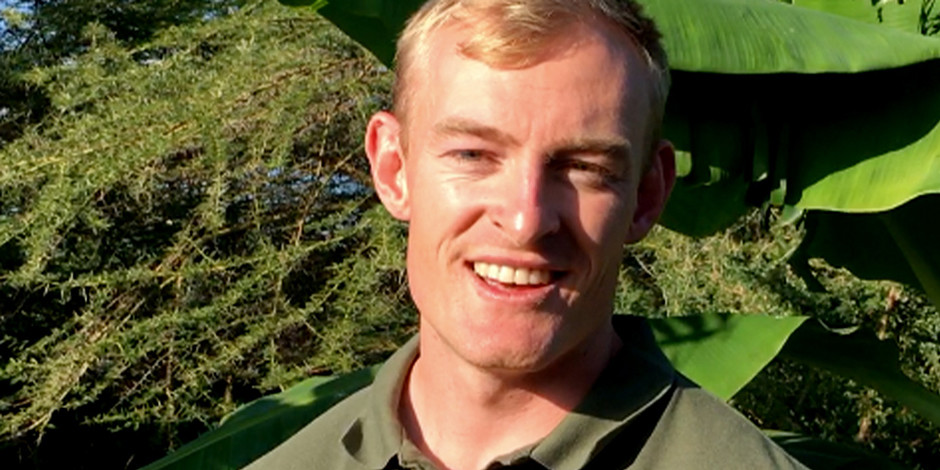Meet our evokeAG. Future Young Leaders - George Chapman
Meet our evokeAG. Future Young Leaders – George Chapman

Australia must take the lead and adopt more climate-smart farming practices, says George Chapman. The 24 year old evokeAG. 2020 Future Young Leader is on a mission to educate our next generation of primary producers about circular economy and regenerative food production methods.
Why is regenerative agriculture important to you and what would you say are our three major challenges?
We need to become regenerators and develop a ‘regenerative mindset’. Our farmers are, no doubt, doing it seriously tough. They are experiencing the impacts of a changing climate now more than ever. But this is the time to act. We need to remain optimistic. A great opportunity now presents itself for us as farmers, agribusinesses, and the next generation coming through, to harness technology and regenerative agricultural practices to further build the resiliency of our farmland as well as rural communities.
The largest issues are soil loss, landscape degradation and lack of water infiltration which has greatly reduced productivity. I am positive that through a regenerative model, we can build resilience during these tough times, and when it does rain, the landscape can maximise our valuable water.
You grew up on a tea tree oil plantation in Northern NSW. Did this agricultural background help shape what you do today?
I feel very fortunate to have grown up on a farm. I was pretty wild as a kid, so I think that being very active and having that sort of freedom at a young age was important and good fun. I grew up on tea tree plantation near Coraki, NSW – which is still home! I think watching my dad manage the farm and deal with adversity such as floods and the volatile years showed me the importance of resilience.
What are your future aspirations for the agricultural sector and/or the food industry?
Given the rapidly increasing population, increased pressure on natural resources and unpredictability of weather events and climate conditions, Australia, as a globally renowned, agricultural-driven nation, must lead the change and adopt more climate-smart farming practices.
I’m positive that by building a career in this field and actively increasing the awareness of regenerative agriculture and its ability to sequester carbon back into the soils, that I can greatly contribute towards producing food and fibre in a way that will benefit the environment, economy and strengthen rural communities.
Working on my ambition of developing a career in this field, I’ve implemented regenerative agriculture practices on my family’s property in Kenya. Since 2014, I’ve developed the farm commercially, however, it wasn’t until more recently that I have established an agricultural education and training project. The farm acts as a demonstration farm, with a focus on youth, interested in learning about sustainability and environmental stewardship. This is vital for Kenya’s small-scale farmers who are facing drought, poor irrigation, poor soils and generally very few, unhealthy livestock. Eventually, I have an ambition to start my own regenerative farming operation in Australia and establish a farmer training hub with a specific focus on young farmers who wish to farm in a way that will rebuild out top soil, produce nutrient dense food and redefine our food system.
Outside of your work in Kenya, what else keeps you busy?
I have moved to the United Kingdom to study a Masters in Sustainable Agriculture and Food Security at the Royal Agricultural University out in the Cotswolds region.
I will further advocate and work on the adoption of regenerative agricultural farming practices which coexist within an environmentally conscious, circular economy. Australia’s agriculture sector has long proven itself as the backbone of our economy. It is imperative that we as agriculturalists evolve and adapt our farming practices, working collaboratively with agribusinesses in both the public and private sector to implement innovative, clean technologies. Thus, achieving large-scale restoration and carbon neutrality.
What are you most looking forward to about evokeAG.?
The opportunity to connect with people who are thought leaders and innovators within our Industry. I’m also very excited to be presenting ahead of Damon Gameau, (Director of 2040 documentary) and opening up the conversation on the important role our farmers play in sequestering carbon and mitigating climate change.
